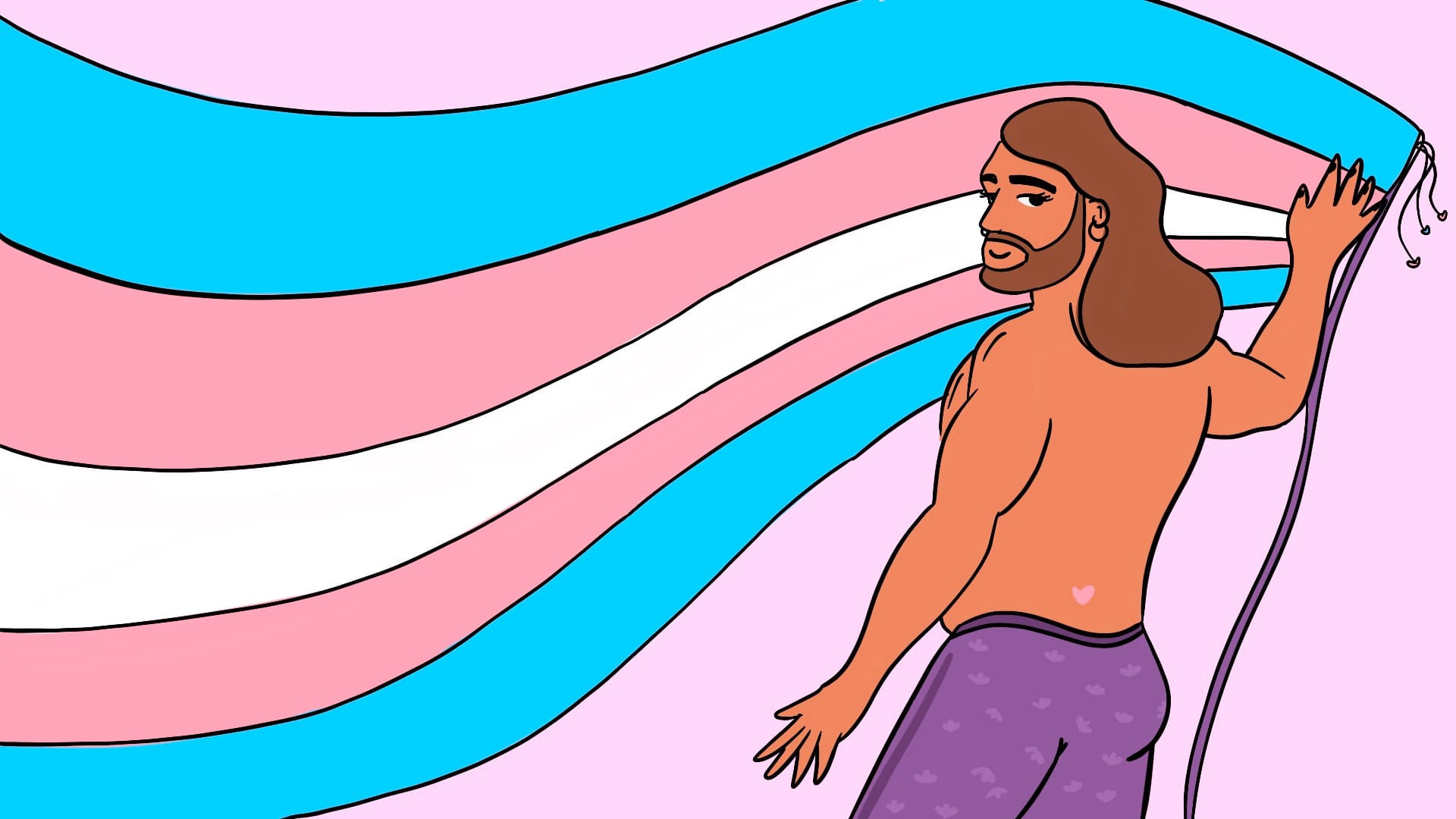In a country where trans people were recognised as a third gender as late as in 2014, them enjoying equal and fair rights seems like a far-fetched idea. Transgender people in India face everyday discrimination, social stigma, and major barriers to accessing equal opportunities in education, healthcare, and service sectors. One of the major areas where the transgender community of our country is suffering is accessing reproductive healthcare. This barrier stems from the social stigma around the reproductive health of the transgender community and systematic inadequacies in the Indian healthcare system. The Rights of Transgender Persons Bill, 2014, aimed at eliminating discrimination against the transgender community in India for the first time, while the subsequent 2019 legislation addressed healthcare for the first time.
Transgender Persons (Protection of Rights) Act : Step forward, yet to bridge the gap
The Transgender Persons (Protection of Rights) Act of 2019 was one of the landmark advancements in trans rights in India. In chapter II of the law, it states: No person or establishment shall discriminate against a transgender person on any of the following grounds, namely:—
(d) the denial or discontinuation of, or unfair treatment in, healthcare services;
Further in Chapter VI, the law states about health:
The appropriate Government shall take the following measures in relation to transgender persons, namely:—
(a) to set up separate human immunodeficiency virus Sero-surveillance Centers to conduct sero-surveillance for such persons in accordance with the guidelines issued by the National AIDS Control Organisation in this behalf;
(b) to provide for a medical care facility, including sex reassignment surgery and hormonal therapy;
(c) before and after sex reassignment surgery and hormonal therapy counselling;
(d) bring out a Health Manual related to sex reassignment surgery in accordance with the World Profession Association for Transgender Health guidelines;
(e) review of medical curriculum and research for doctors to address their specific health issues;
(f) to facilitate access to transgender persons in hospitals and other healthcare institutions and centres;
(g) provision for coverage of medical expenses by a comprehensive insurance scheme for Sex Reassignment Surgery, hormonal therapy, laser therapy, or any other health issues of transgender persons.
The above provisions were historic when it came to healthcare access by the community in a country like India, but it lacked a lot of clarity in terms of reproductive healthcare. The law was severely criticised since it spoke of providing “medical care facilities including sex reassignment surgery and hormonal therapy,” but it did not outline protocols for doing the same. It also lacks detailed provisions for gender-affirming healthcare and mental health support.

The law still seemed promising initially, but the implementation of the Act has been slow and inconsistent in India. Most of the doctors have no sensitisation on transgender issues, leading to discrimination. Transgender individuals continue to face stigma and prejudice when they go to hospitals.
Barriers: A complex web of challenges
There is a lot of social stigma and discrimination that trans people face while accessing reproductive healthcare. Transgender people often face discrimination and harassment at the hands of healthcare providers due to their lack of sensitisation on transgender issues. This further leads to misgendering and denial of care.

Nitara, a trans woman based out in New Delhi, said, ‘I once visited AIIMS Delhi to investigate gender reassignment surgery. The healthcare provider, rather than diagnosing me with gender dysphoria, wrote Gender Identity Disorder on my slip.’ This is a clear example of how the healthcare providers, to a large extent, are insensitive. For a trans individual to go to a gynaecologist becomes an act of gaze.
Trans people often face financial constraints while accessing reproductive healthcare. Where the 2019 law has given the community the right to do GRS, the surgery is very costly. Hormone Replacement Therapy (HRT) in itself is a very expensive therapy. There are many pre-transition trans women who wish to be mothers; therefore, they want to preserve their sperm, but to preserve sperm, you need a hefty amount of money, which transgender people often lack due to discrimination in the workplace.
‘I am privileged to go to a hospital; I have access to the internet to know about surgeries, but what about transgender people from marginalised communities?‘ added Nitara.
There is a grave lack of accessible facilities even when you reach out to people who are reproductive healthcare providers. Nitara said that after vaginoplasty, which affects fertility and causes many problems, gynaecologists often refuse to treat trans people. ‘They require you to have a uterus,’ says Nitara. Even during HRT, one faces mood swings and other issues; you need counselling, but there is no facility as such in the Indian healthcare system. This lack of healthcare in India, particularly in rural areas, does injustice to trans people.
When Nitara visited a reproductive healthcare centre, during her last stage of the test, which is the HIV test, they asked Nitara to masturbate. Such kinds of harassment are not new for the trans community.
There are also legal and administrative barriers that trans people face while accessing reproductive healthcare. Hurdles in changing gender on identification documents is a very complex process in India. One needs a gender dysphoria certificate before going on with GRS.
Solutions: A multi-faceted approach
It is evident that the Indian healthcare system has no space for the needs of the trans community, especially their reproductive healthcare needs. Yet, there are some proposed multi-pronged solutions that can make healthcare more inclusive to the reproductive needs of the transgender community. It is highly important to conduct regular sensitivity sessions for healthcare providers and administrators. Just having the medical and administrative knowledge is not sufficient. When you work for a socially marginalised group, you must have sensitisation regarding their struggles as well. Along with sensitisation, the medical curricula itself has a lot of lacks. Transgender healthcare must be an important part of it.
However, concerning the country we are living in, we have basic laws, but the laws need to be as per the needs of the transgender community. There needs to be thorough discussion with the community and reform of the laws. Reforming existing laws as per the needs of the transgender community is the need of the hour. It is important to engage with the community to understand their special needs.
The government has no care for mental health in a country like India. Mental health support for the individuals going through surgery is very important. When you transition, it is a lot of mental stress, which needs the intervention of a therapist.
About the author(s)
Jatin Chahar (he/they) is a student of Philosophy at Ramjas College, University of Delhi. His writing stems from critical reflection on various socio-political issues, particularly gender and politics. Art is resistance for him. He loves making art that serves the masses and brings forward the realities of the power structure of contemporary societies which excludes marginalised sections of society. He is also into photography and filmmaking. His major areas of research interest are caste, class, and their intersection with sexual fantasies.





